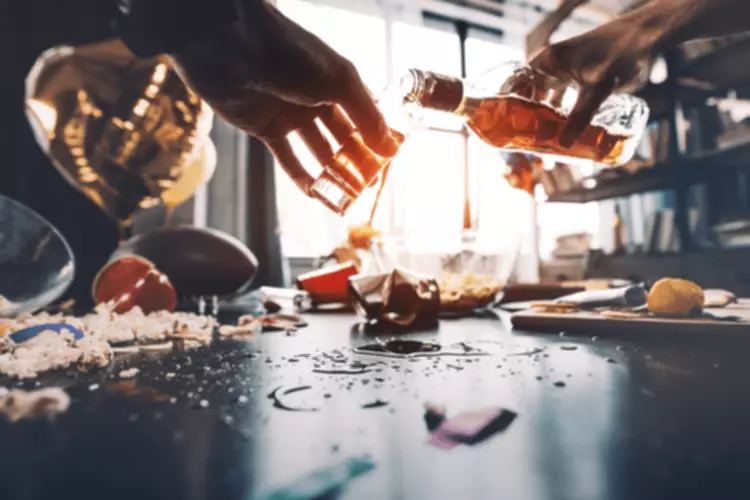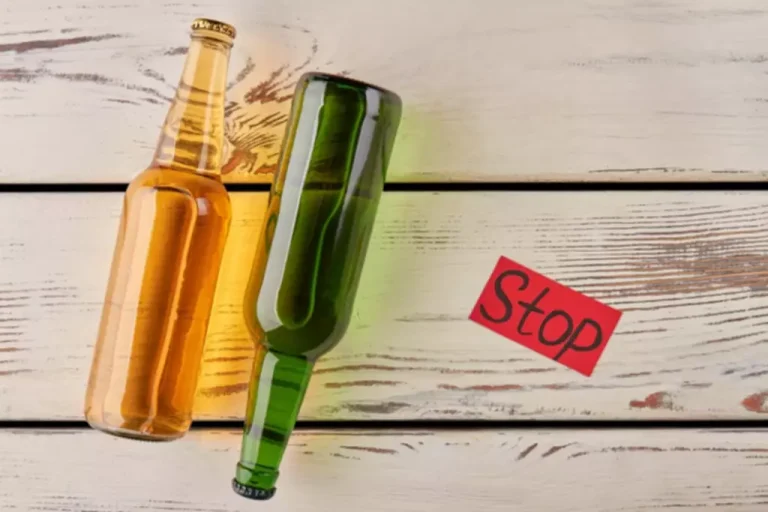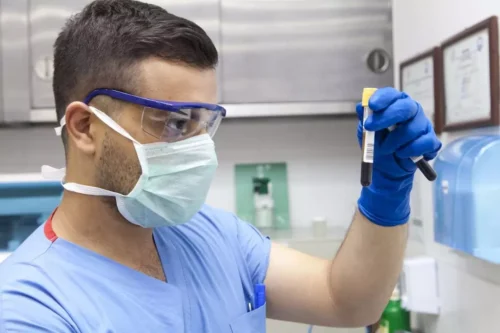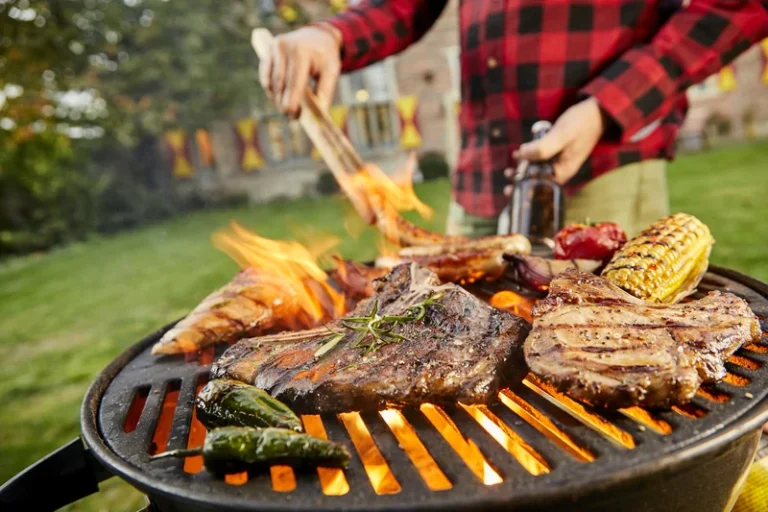8 Things That Happen When You Stop Drinking Alcohol

Your calorie intake will be about 9,000 calories less, leading to a potential drop in weight of about three pounds. While you will still likely have some alcohol cravings, you will probably feel pretty good about quitting alcohol. Here’s all you need to know about the short-term and long-term effects of stopping drinking alcohol.

Medications to Ease Withdrawal Symptoms
Many people who use alcohol heavily for a prolonged period often don’t even recognize the perpetual fog that alcohol creates. When you stop drinking, it can feel like entering a whole new world and like a fog that you didn’t even know was there has suddenly lifted. By the end of your first month of sobriety, the benefits of better sleep, improved hydration, spending less and decreased calorie intake will be growing. You will likely have saved over $800 and avoided about 12,000 calories or more, allowing you to lose at least four pounds. By the end of this first month, your recovery will be well underway, and your struggle with alcohol will begin to become more of a distant memory than a recent struggle.
- Maybe you’ve never been interested in logging your innermost thoughts, but journaling can be a great tool to track your feelings as you work on quitting alcohol.
- It’s common to have a difficult time when making big changes, but good self-care practices can help you manage overwhelming feelings and take care of your mind and body.
- It’s important that you work with your doctor when you’re ready to stop drinking rather than trying to do it alone.
Quitting alcohol can be challenging, but the benefits of abstaining can improve your overall health and happiness.

When you stop consuming alcohol after prolonged, heavy use, your CNS can’t respond or regulate itself fast enough. It becomes overexcited because there’s no more alcohol to slow it down. Go to the nearest emergency room or call 911 (or your local emergency service number) if you or a loved one has any concerning symptoms of alcohol withdrawal. There are many support options available that can help guide you through alcohol withdrawal, as well as abstaining from alcohol after withdrawal. However, medical complications can occur during the acute phase of withdrawal.
- Alcohol can cause psychological dependence, so if you’re finding it hard to manage the emotional element of quitting, reach out for help, says McMahon.
- Letting others know about your choice to stop drinking may help motivate you to stick with your decision.
- Seizures can occur, and an uncommon but dangerous condition called delirium tremens can happen at this point in withdrawal.
- Many people who use alcohol heavily for a prolonged period often don’t even recognize the perpetual fog that alcohol creates.
- They think it has something to do with how fast or slow your brain adapts during recovery.
More on Substance Abuse and Addiction

Depending on the extent of liver damage you have, you may need to completely abstain from alcohol in order to give your liver the best chance for recovery. Talk to a doctor about your personal history and what’s right for you. “Alcohol can reduce your sexual sensitivity, meaning that you enjoy sex less, and it can interfere with a man’s performance, so that sex becomes difficult,” Dr Sim says.
- Therefore, abstaining may make it easier to maintain a healthy weight, which reduces the risk of developing health problems like type 2 diabetes, heart disease, some cancers and stroke.
- Essentially, feeling “drunk” is when your liver becomes too overwhelmed to properly process alcohol, so it overflows temporarily into your bloodstream.
- If you have a history of severe alcohol dependence, he recommends consulting a health care professional before quitting, as abrupt cessation can be life threatening.
- If you’re ready to stop, arming yourself with strategies and tips can help you or a loved one take small steps towards big results.
Alcohol plays a role in at least half of all serious trauma injuries and deaths from burns, drownings, and homicides. It’s also involved in four out of what happens when you stop drinking 10 fatal falls and traffic crashes, as well as suicides. Even cutting back your drinking by a third can lower the number of injuries and sick days.
What Alcohol Does to Your Body

The exact timeline for alcohol withdrawal varies from person to person. It’s based on several factors, including how long, how much, and how regularly you have been drinking alcohol. Healthcare providers typically prescribe short-term medications to relieve the symptoms of mild to moderate alcohol withdrawal.
Risks and Complications
- Although we often turn to a glass of wine or a stiff martini to feel better, the irony is that drinking can have both short- and long-term negative effects on mood.
- Instead of criticizing yourself for having a hard time or slipping up and having a drink, remember that no one’s perfect.
- A person with delirium tremens needs to be hospitalized until the symptoms can be controlled.
- While not everyone who quits drinking will experience withdrawal, you are more likely to have symptoms if you have been drinking for a long time, if you drink heavily, and/or if you drink frequently.